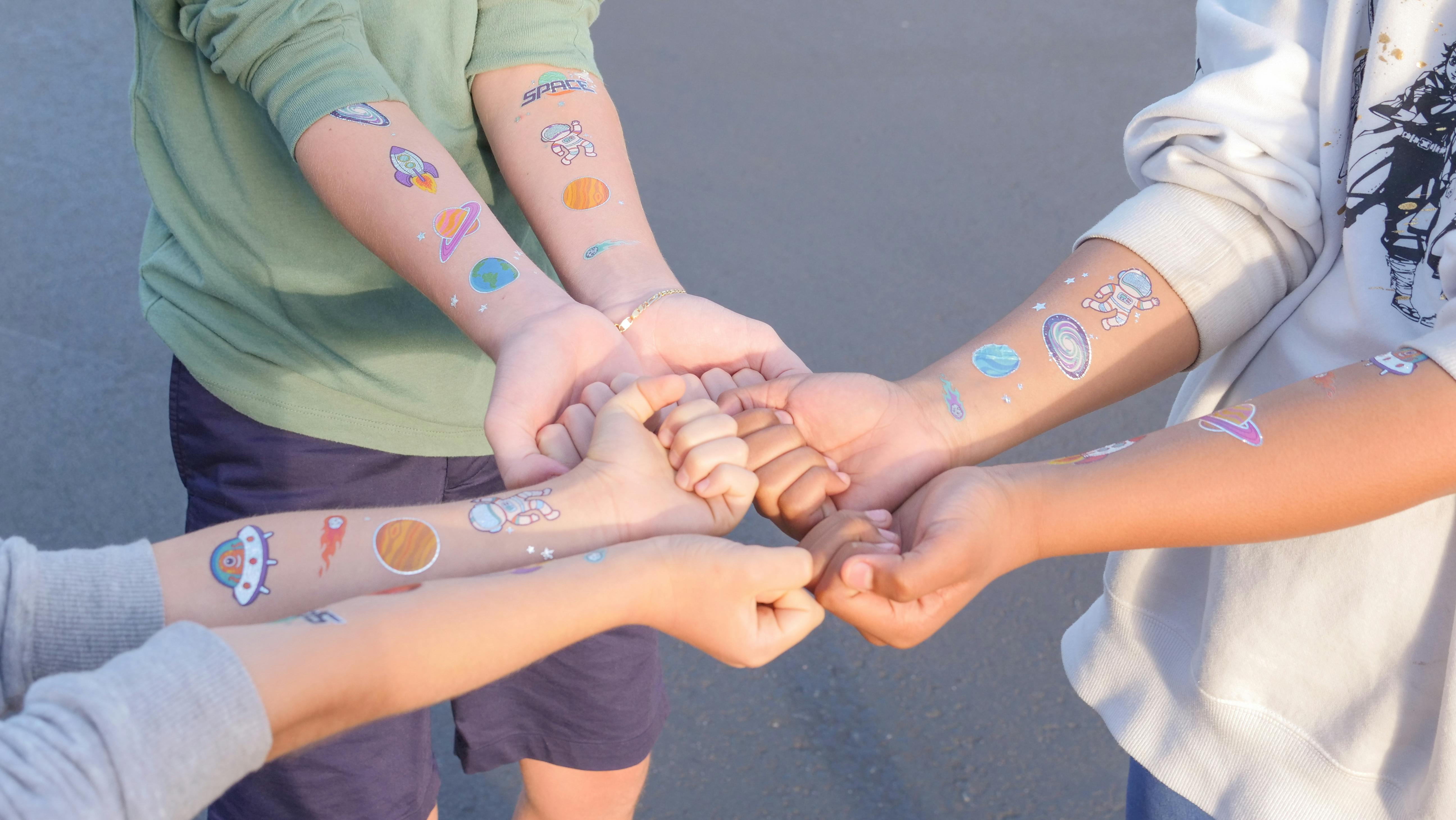A key belief and teaching in conflict resolution is that conflict can be helpful – an opportunity to learn, grow, and see something that conflict is trying to show us.
- Author and aikidoist Thomas Crum said, “The conflict just is. It’s what we do with it that makes the difference.”
- Kurt Vonnegut uses the phrase “wrang-wrangs” to describe the great teachers placed in our lives disguised as difficult people. The “wrang-wrangs” are placed there on purpose, he says, to teach us important lessons.
- The poet and novelist Rainer Maria Rilke wrote: “What is required of us is that we love the difficult and learn to face it. In the difficult are the friendly forces, the hands that work on us. Just in the difficult we must have our joys, our happiness, our dreams: there, in the depths of this background, they stand out, there we see for the first time how beautiful they are “.
And Robert Frost:
The Tempest Tree with a Wood Burst
Throws across our path is not an obstacle
Our passage at the end of our journey forever
But just to wonder who we think we are.
A change of mind
So why do we flee conflict or turn it into life- and relationship-threatening wars? Why do we behave as if conflict is the opposite of a gift, something terrible and negative? Some reasons are fear, bad role models, and lack of skill, to name a few.
The main change necessary to turn conflict into opportunity is a change in mindset.
In aikido, when we refer to the attack as a “gift of energy”, we change our way of thinking, the frame of mind through which we view conflict. And when we change our mindset, we also change the locus of power from the attacker (Ach! He’s coming for me!) To the receiver (Ah yes. Energy I can use!). When we imagine the possibility of this energy as a gift, we go from being afraid to being curious, a mindset connected to growth and learning.
If we decide it will be terrible, it will be. If we choose a learning and fascination mindset, we will find less stress and more fascination! If we think of a difficult person as an adversary, we will contribute in subtle and not so subtle ways to maintaining an adversary relationship. If we think, “Wow, thank you very much!” and start looking for the gift, we will find it eventually!
Embracing the concept that conflict is neutral and that it is up to us to find the gift will facilitate resolution and provide a fundamental metaphor in life.
The “difficult” in our lives can be our greatest source of stress and our best teacher. Since conflict represents something we resist, it invites us to examine that resistance and the emotions that surround it. If we are willing to broaden our perspective a bit, we may also discover new parts of ourselves.
